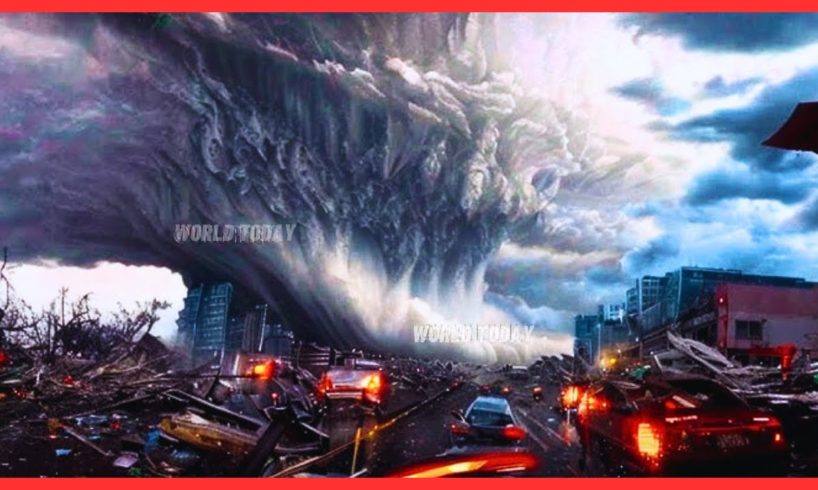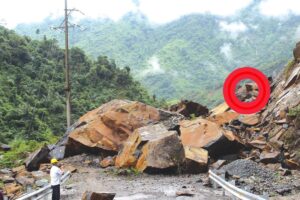
Avoiding natural calamities is not within our control because they are natural events that occur due to natural processes. However, we can take precautions and prepare for them to minimize their impact on our lives. Here are some tips to help you prepare for and mitigate the effects of natural disasters:
1. **Stay Informed**: Keep yourself informed about the types of natural disasters that are common in your area. Pay attention to weather forecasts and warnings from local authorities.
2. **Emergency Plan**: Develop an emergency plan for your family that includes evacuation routes, meeting points, and communication strategies. Ensure that everyone in your family knows what to do in case of a disaster.
3. **Emergency Kit**: Create an emergency kit that includes essential items such as water, non-perishable food, flashlights, batteries, a first-aid kit, important documents, and any necessary medications. Update this kit regularly.
4. **Secure Your Home**: If you live in an area prone to earthquakes, hurricanes, or tornadoes, make sure your home is built or retrofitted to withstand these events. Secure heavy objects that could become projectiles during high winds.
5. **Flood Preparedness**: If you live in a flood-prone area, consider elevating your home or moving valuables to higher ground. Purchase flood insurance if it’s available in your region.
6. **Wildfire Preparedness**: If you live in an area prone to wildfires, create a defensible space around your home by clearing away dead vegetation. Keep flammable materials away from your house.
7. **Earthquake Preparedness**: In earthquake-prone areas, secure heavy furniture, install earthquake straps for water heaters, and have a plan for how to “Drop, Cover, and Hold On” during an earthquake.
8. **Tornado Preparedness**: If you live in a tornado-prone area, have a designated tornado shelter or a safe room in your home. Pay attention to tornado watches and warnings.
9. **Hurricane Preparedness**: If you’re in a hurricane-prone region, reinforce your windows and doors. Stock up on supplies before the hurricane season begins, and evacuate if authorities recommend it.
10. **Heatwaves and Cold Snaps**: During extreme heat or cold events, stay hydrated, use appropriate clothing, and seek shelter or cooling/warming centers as needed.
11. **Landslide Preparedness**: Be aware of signs of impending landslides, such as cracking ground or sudden water flow changes. Avoid building on or near steep slopes.
12. **Drought Preparedness**: Conserve water during droughts and follow local water use restrictions. Plan for shortages and reduce water wastage.
13. **Community Involvement**: Get involved in your community’s disaster preparedness efforts. Participate in drills and exercises to practice your response to disasters.
14. **Education**: Learn basic first aid, CPR, and how to use a fire extinguisher. Education and training can be invaluable during emergencies.
Remember that natural disasters can strike anytime, so being prepared is essential. Stay vigilant, stay informed, and have a plan in place to protect yourself, your family, and your property.
Natural Disasters
avalanche
coastal
flooding
cold wave
drought
earthquake
hail
heat wave
hurricane
ice storm
landslide
lightning
riverine flooding
strong wind
tornado
typhoon
tsunami
volcanic
activity
wildfire
winter weather
source






